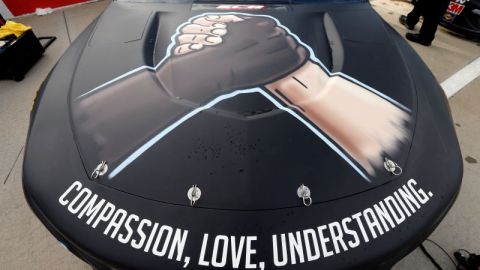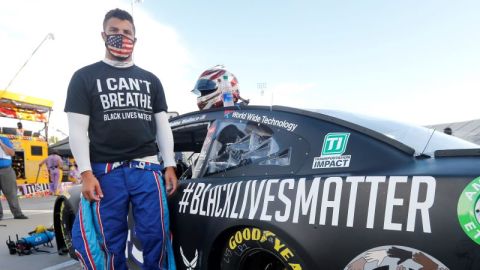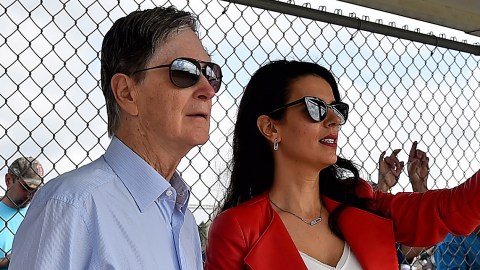 So the matter is settled. The pre-Olympics debate about how this year's U.S. men's basketball team matches up with the 1992 Dream Team is over, and not surprisingly, the Dream Teamers won.
So the matter is settled. The pre-Olympics debate about how this year's U.S. men's basketball team matches up with the 1992 Dream Team is over, and not surprisingly, the Dream Teamers won.
That was the easy conclusion to draw from Sunday's gold medal game, when the U.S. edged Spain by a mere seven points. Spain's size presented the Americans with problems they never would have had with David Robinson and Patrick Ewing manning the middle, while Michael Jordan, Larry Bird and Magic Johnson never allowed the U.S. to win by less than 33 points in Barcelona.
But simply tallying the margins of victory oversimplifies the story of international basketball over the last 20 years. The 2012 team's narrow victories were not a sign the U.S. has fallen back in the basketball arms race, but that the rest of the world has just about caught up.
Unlike some previous "Dream Teams," particularly the three versions in the 1990s, the 2012 team was almost never comfortable. The official explanation was that they were prone to slow starts, but the unique challenges presented by opponents like France, Argentina, Lithuania and Spain had a lot to do with those competitive first halves. This was not like the 2004 Olympics, when complacency led to closer-than-expected victories and embarrassing losses en route to a bronze medal. These were good teams pushing a good U.S. squad at its best.
For all the glitz of the original Dream Team, many of its greatest highlights came from somewhat sloppy execution — Charles Barkley's somewhat lazy over-the-head alley-oop to Scottie Pippen, which brought down the house at the Pavello Olimpic, was an excellent example. Eleven Hall of Famers probably were not necessary to win a gold medal that year, truth be told. A squad of very good, but not great, professional players like Fat Lever, Scott Skiles and Reggie Lewis might easily have won gold just the same, albeit not by an average margin of 43.8 points. A "Dream Team II" consisting of Larry Johnson, Alonzo Mourning, Derrick Coleman and Dan Majerle illustrated as much two years later by cruising to a world title at the FIBA World Championship.
International competitions ceased being simply a coronation for the U.S. in 2000, when Lithuania and France proved they were at least as good as a collection of second-tier NBA players. The 2012 team was a continuation of that trend.
Now, and possibly forever, the Americans will need to deploy the likes of LeBron James and Kevin Durant to assure themselves of winning international tournaments like the Olympics and the soon-to-be dubbed FIBA World Cup. When Spain went to a box-and-one to slow down the hot-shooting Durant, James took charge, sort of like the way James and Dwyane Wade or Durant and Russell Westbrook will make adjustments on the court during an NBA game. It actually resembled a real basketball game, which none of those contests in 1992, 1994 or 1996 did.
For much of the past two decades, judging American participation in basketball has been about counting Hall of Famers and learning how to pronounce obscene point totals in other languages. The members of the 2012 team had little time for such frivolous things in London, though, because they were too busy trying to win games.
Have a question for Ben Watanabe? Send it to him via Twitter at @BenjeeBallgame or send it here.
Photo via Twitter/@LakerFanClub



